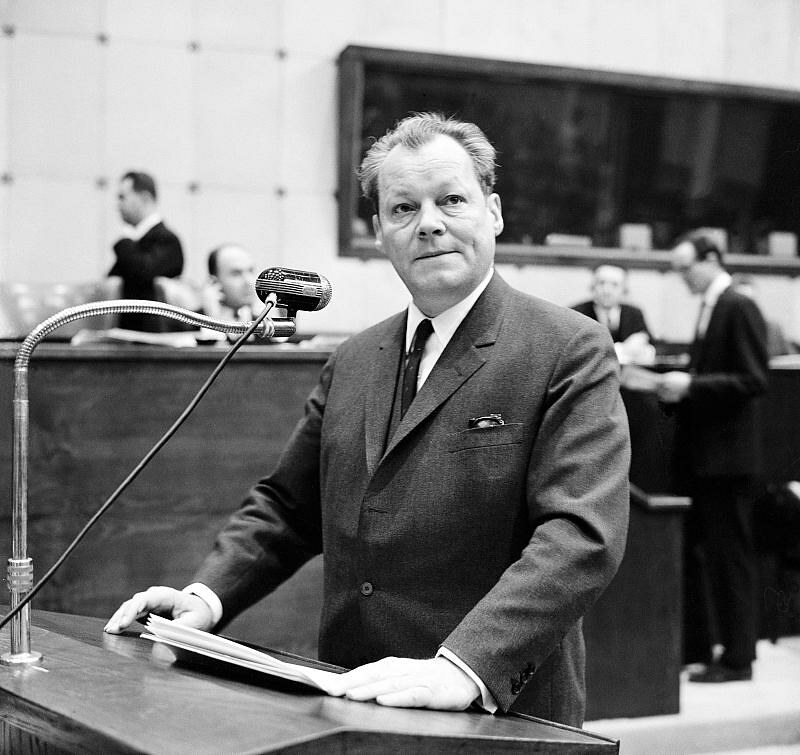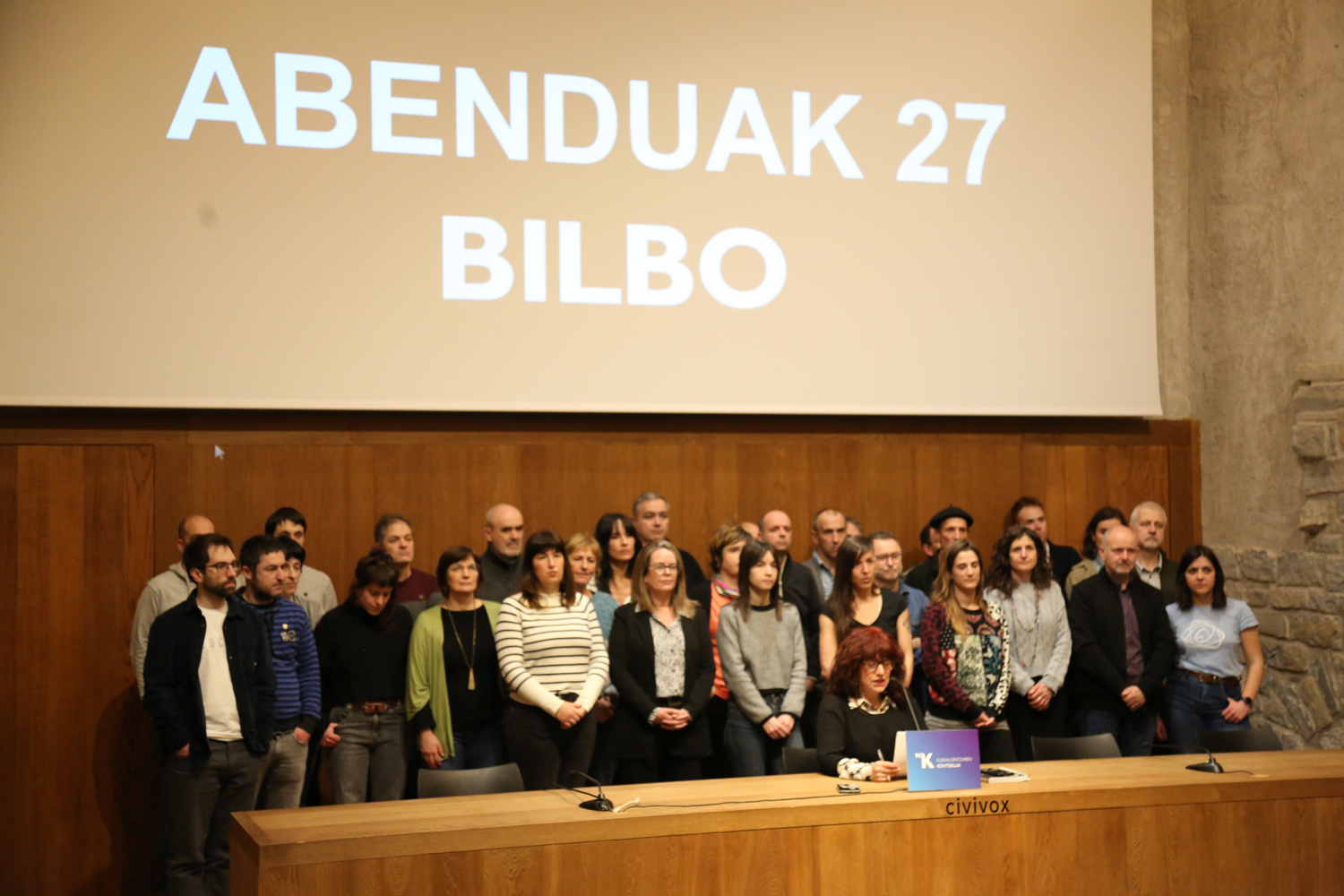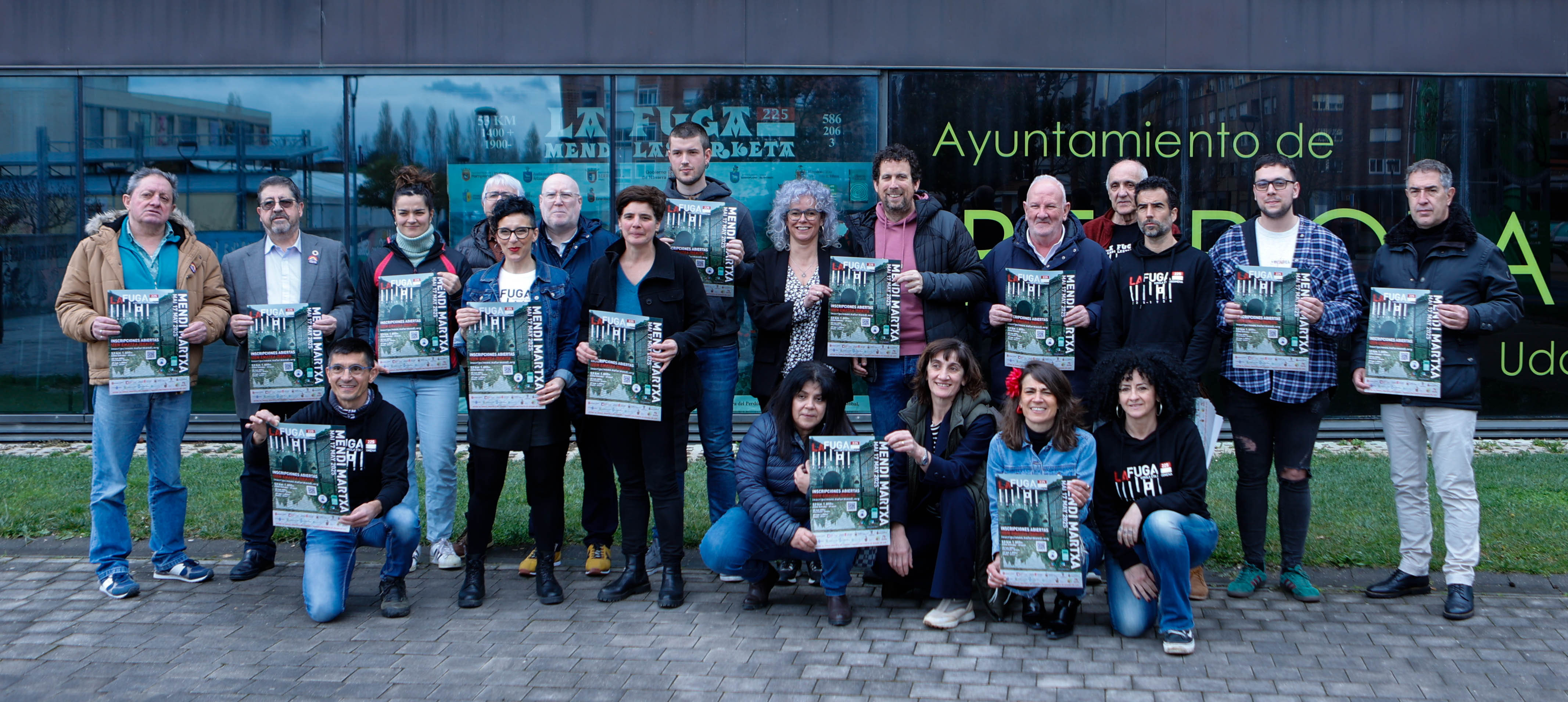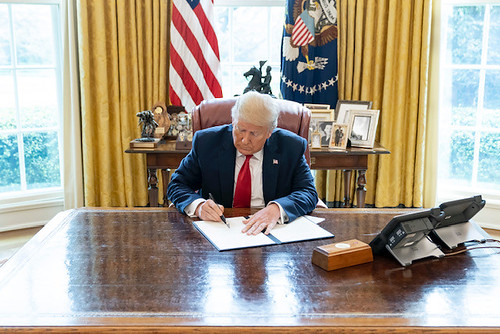Colonialism has taken the form of development aid
- Pulling out the 5th edition of the World Women’s March, the Bergaresas Martxanterak group is working on various issues from November to March. Cecilia Themm (Lima, 1967), a member of the Network of the Basque Country for Migrant and Racialized Women, offered a talk on the management of migration in the Fortress Europe in the Old Prison.

In 2016 you created the network of racialized and migrated women from Euskal Herria, with what objectives do you set up?
We are a non-mixed group, composed exclusively of racialized and migrated women living in the Basque Country, with the objective of reflecting on the situation we live in the Basque Country. The proposal is to continue with the legacy of our ancestors; that is, to build a feminism that fights against racism, colonization and the patriarchal order we suffer.
You have stressed the importance of listening to the voice of the women who suffer from colonialism ...
We saw it necessary to create networks among ourselves, to talk about our own things, that affect us, because they are different from those that other bodies live in within a colonial, racist, capitalist and heteropatriarchal system. It's also the need to build our own narratives without intermediaries. For example, if we have to talk about migrated women, let us be the ones who take the floor and take the lead, debate and put all those arguments on the table.
Why fortress Europe?
Europe, like many countries in the North, is closed, leaving the right to migrate only to some and not to all, thus violating human rights. Colonialism is still in force; ships were used before and now adopts modernity, international companies and the form of development aid. Borders are being erected for people, but not for raw materials and goods. This continuous capture and impoverishment is the cause of migration. Behind the hegemonic discourse there is a social, rational order. This extremism forces thousands of people to migrate; many people do not want to migrate and are forced to do so. Some bodies are also condemned to death; through necropolicies, these death policies condemn many people to death. An example of this is one of the largest mass graves we have today, the Mediterranean. Thus, the strong Europe must be understood in the current context as a consequence of the existing colonial system for trade and not for people.
What does this closure mean for the European states?
In the case of the Spanish State, for example, control of migration policy has become a major industry. According to data from Fundación Por Causa, between 2014 and 2019 the Spanish Government awarded more than 164 million euros to migratory control companies through more than 1,600 public contracts, the majority awarded without a public tender.
How can we cope with this hegemonic discourse and colonialism?
People who are racialized and migrated are very varied in our struggles, so different resistances emerge, such as the narrative itself. In the case of my collective, seeing things under the paradigm of decoloniality gives meaning to everything that happens, and not understanding reality as a continuous line. For us, the lines are circular, fixing where we come from and where we go.
Azken aldian, asteburuetan, Internet ez dabil ondo. Hasieran, zaila zen webguneei ezarritako blokeoen zergatia ulertzea; orain, badakigu Espainiako La Ligak agindu zituela, futbola modu ilegalean emititzea saihesteko. La Ligaren blokeoak euskal domeinuei eragiten dien... [+]
Bilbon eginiko aurkezpenean iragarri dute ekitaldia, euskarari "arnas berri bat emateko eta behar duen indarraldia gorpuzten hasteko" lehen urratsa izango dela nabarmenduta. Euskaltzale guztiei, baina, oro har, "justizia sozialean eta gizarte kohesioan aurre... [+]
Aljeriatik datoz Mohamed eta Said [izenak asmatuak dira], herri beretik. “Txiki-txikitatik ezagutzen dugu elkar, eskolatik”. Ibilbide ezberdinak egin arren, egun, elkarrekin bizi dira Donostian, kale egoeran. Manteoko etxoletan bizi ziren, joan den astean Poliziak... [+]
Olatz Salvador
Noiz: martxoaren 15ean.
Non: Deustuko jaietan.
------------------------------------------------
Martxoak beti du deustuarrontzat kolore berezia; urtero ospatzen ditugu jaiak, San Jose egunaren bueltan. Bi asteburu bete festa, eta urtetik urtera Deustuko... [+]
Euskal Herrian Euskarazek manifestazioa deitu du apirilaren 6rako, 11n EHEko bi kide epaituko dituztelako. Hiriburuetatik autobusak antolatzen ari dira. Bi helburu bete nahi dituzte, batetik, epaituak izango diren bi kideei babesa erakustea, eta bestetik, euskararentzat justizia... [+]
Pazienteek Donostiara joan behar dute arreta jasotzeko. Osasun Bidasoa plataforma herritarrak salatu du itxierak “are gehiago hondatuko” duela eskualdeko osasun publikoa.
EH Bilduk galdera sorta bat erregistratu zuen Eusko Legebiltzarrean Donostiako Metroaren igarobideko lanen gainkostua argitzeko. Informazio hori atzo jakinarazi zuen Susana Garcia Chueca Mugikortasun sailburu sozialistak.
Kirola eta oroimena uztartuko dituzte, bigarrenez, mendi-martxa baten bitartez. Ez da lehiakorra izanen, helburua beste bat delako. La Fuga izeneko mendi martxak 1938ko sarraskia gogorarazi nahi du. Ezkabako gotorlekuan hasi eta Urepelen amaituko da. Maiatzaren 17an eginen dute.
Seaska Sarean inklusio egoeran dauden 165 ikasleei laguntza bermatzeko hasi dute kanpaina, antolaketa propioa eratuta. Frantziako Hezkuntza Ministerioaren jarrera salatu dute kanpaina aurkezteko prentsaurrekoan, behar bereziak dituzten haurren inklusiorako baliabide... [+]
Martxoaren 19an amaitu zen proiektua aurkezteko epea, baina Errioxako PSOEk adierazi du Forestalia enpresak "interesa baztertu" duela. Enpresak bi parke eoliko eraiki nahi zituen Aragoiko lurretan, baina oraindik ez ditu lortu baimenak eta hori dute egitasmoa... [+]
Muga-zergak apirilaren 2tik aurrera ezarriko dira eta altzairuari eta aluminioari ezarritakoei batuko zaizkie. "Gurekin negozioa egiten duten eta gure aberastasuna eskuratzen duten herrialdeei ezarriko dizkiegu", AEBetako presidenteak adierazi duenez.
%90eko jarraipen "ia erabatekoa" izan du grebak, sindikatuen arabera. Gasteizko parkeak, lorategiak eta eraztun berdea mantentzen dituzte Enviser azpikontratako 90 langileek.
Aurten "Israel Premier Tech" txirrindularitza talde israeldarra ez da Lizarraldeko Miguel Indurain Sari Nagusia lasterketara etorriko. Berri ona da hori Palestinaren askapenaren alde gaudenontzat eta munstro sionistarekin harreman oro etetea nahi dugunontzat, izan... [+]





















